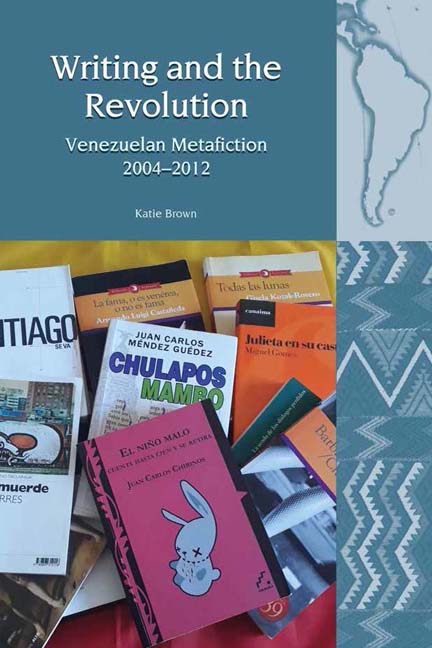3 - Challenging the National Narrative
Summary
Metafiction, according to Luigi Cazzato (1995, 33), is a ‘natural product of a general condition of anxiety’. Behind the desire to put oneself on the page lies a fear of the loss of individual identity in contemporary society. For David Lodge (1995), this anxiety is the product of the Barthesian ‘death of the author’. Since the dawn of the novel, Lodge (1995, 149) argues, a key component of that literary form has been the idea of the author as ‘a uniquely constituted individual subject, the originator and in some sense owner of his work’. Following Barthes and other structuralists’ work, however, the author lost their place at the centre of literary criticism, as meaning began to be understood as the product of readers’ interpretations based on their own experiences and wider societal discourse and relations. Consequently, Lodge (1995, 154) argues, ‘the foregrounding of the act of authorship within the boundaries of the text […] is a defensive response, either conscious or intuitive, to the questioning of the idea of the author’. The authors analysed in this chapter, well-versed in critical theory, are aware of structuralist criticism and the ‘death of the author’. Nonetheless, the socio-political context of the Bolivarian Revolution, where individual expression is subsumed into the collective, adds an extra dimension to anxiety about the loss of an individual authorial identity theorised by Barthes. With the resurgence of nationalism in Venezuela instigated by Hugo Chávez, cultural policy posits reading and writing as tools for building a national community. The book is expected to register sociohistorical reality and promote the recovery of local, regional, national and Latin American memory (Plataforma del Libro y la Lectura, 2007). This chapter examines how (auto)fictional writers counter this national narrative by asserting the place of the individual or the family (El niño malo cuenta hasta cien y se retira [Chirinos, 2010], Todas las lunas[Kozak Rovero, 2013] and Rating[Barrera Tyszka, 2011]), or exploring the complexities of national identity (Círculo croata[Zupcic, 2012] and Transilvania unplugged [Sánchez Rugeles, 2011a]). This trend mirrors the ‘subjective turn’ which characterised the texts written in opposition to the dictatorship of Marcos Pérez Jiménez (1948–1958).
- Type
- Chapter
- Information
- Writing and the RevolutionVenezuelan Metafiction 2004-2012, pp. 81 - 104Publisher: Liverpool University PressPrint publication year: 2019



